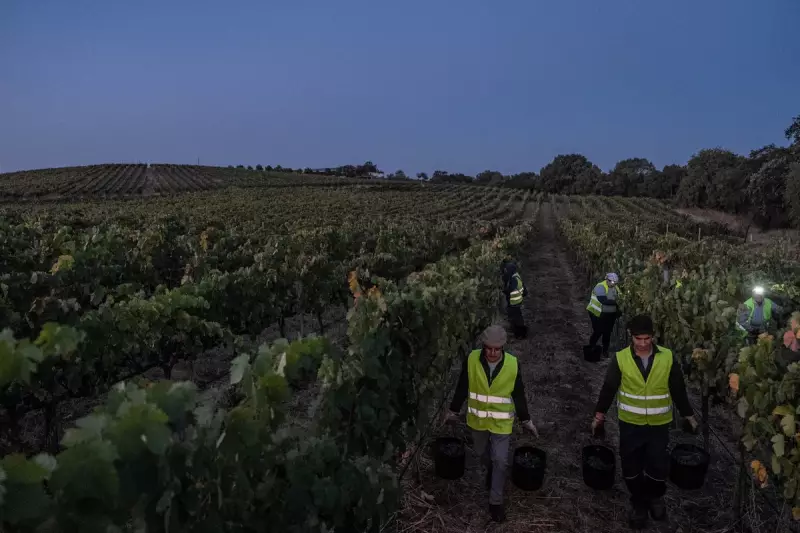
Portugal's celebrated Alentejo wine region, known for its sun-drenched plains and award-winning vintages, is facing a crisis that threatens to stain its international reputation. Shocking allegations of modern slavery and worker exploitation have emerged, painting a disturbing picture of the human cost behind some of the country's most popular exports.
The Hidden Reality Behind the Vineyards
An extensive investigation has uncovered that migrant workers, primarily from South Asia, are being subjected to appalling working conditions while producing wine for some of Portugal's most prominent vineyards. According to multiple reports, these labourers face:
- Grossly inadequate accommodation in overcrowded, unsanitary shipping containers
- Systematic withholding of wages and unexplained salary deductions
- Excessive working hours far beyond legal limits without proper compensation
- Restricted movement and confiscation of identification documents
A Systemic Problem in Plain Sight
What makes these revelations particularly alarming is their apparent prevalence across the region. The Alentejo, which accounts for nearly half of Portugal's total wine production and has seen exports surge in recent years, appears to have developed a two-tier workforce system that preys on vulnerable migrants.
Local authorities and industry bodies have been aware of these issues for years, yet critics argue that meaningful action has been frustratingly slow. The very structure of subcontracting labour through intermediaries has created a veil of deniability for vineyard owners while enabling exploitative practices to flourish.
Economic Pressures and Ethical Failures
The global success of Portuguese wines, particularly the popular Vinho Verde, has created intense pressure to keep production costs low. This economic reality, combined with complex supply chains and insufficient oversight, has created fertile ground for labour abuses to take root.
Workers interviewed describe being lured by promises of fair wages and decent accommodation, only to find themselves trapped in situations of debt bondage, unable to leave due to financial desperation and fear of reprisal.
The Road to Reform
As international awareness grows, pressure is mounting on Portuguese authorities and the wine industry to implement genuine reform. Consumer nations are increasingly demanding ethical transparency in their supply chains, and the reputation of Portuguese wine hangs in the balance.
The situation in Alentejo serves as a stark reminder that even the most prestigious industries can harbour dark secrets. As one labour activist noted, "The taste of exploitation should never be part of any wine's terroir."





